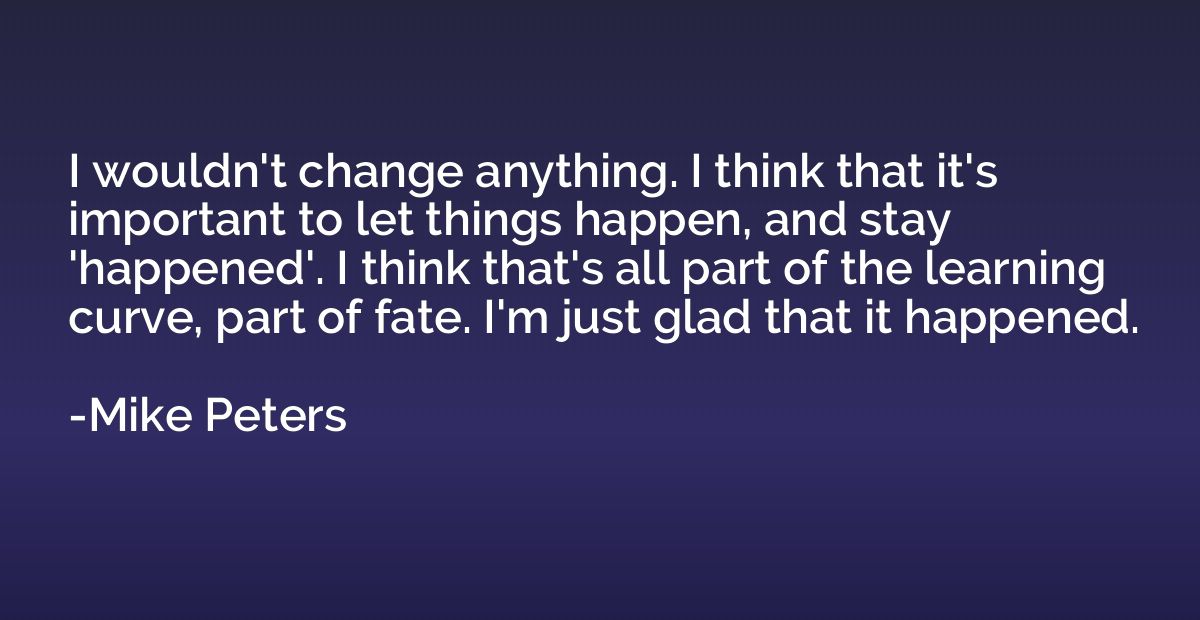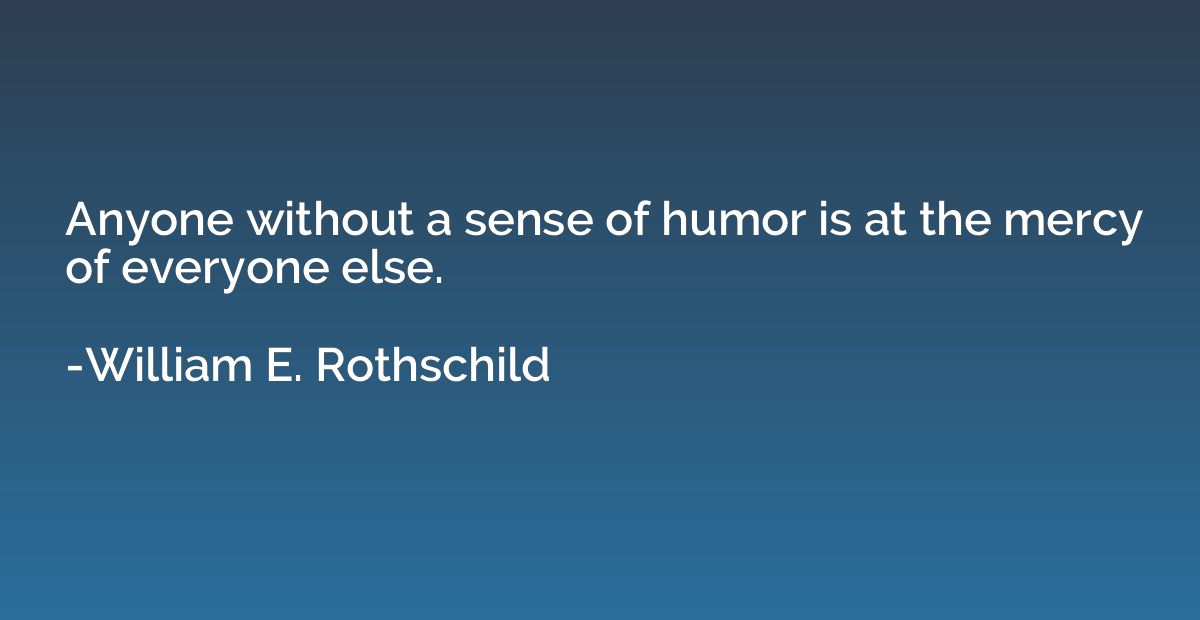Quote by Kristin Armstrong
I write about the power of trying, because I want to be okay with failing. I write about generosity because I battle selfishness. I write about joy because I know sorrow. I write about faith because I almost lost mine, and I know what it is to be broken and in need of redemption. I write about gratitude because I am thankful - for all of it.

Summary
This quote highlights the motivation behind the author's writing topics. They discuss the importance of embracing failure, combating selfishness through acts of generosity, finding joy in the face of sorrow, reclaiming lost faith, and experiencing gratitude in all aspects of life. It emphasizes that the author's personal struggles have shaped their perspective, making them empathetic and compassionate. Through writing about these subjects, they aim to inspire others, foster understanding, and promote personal growth.














